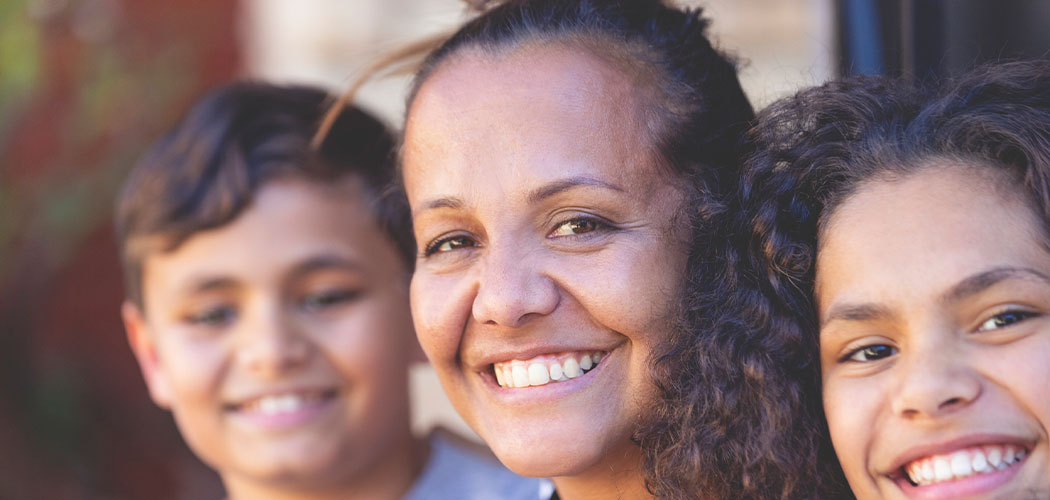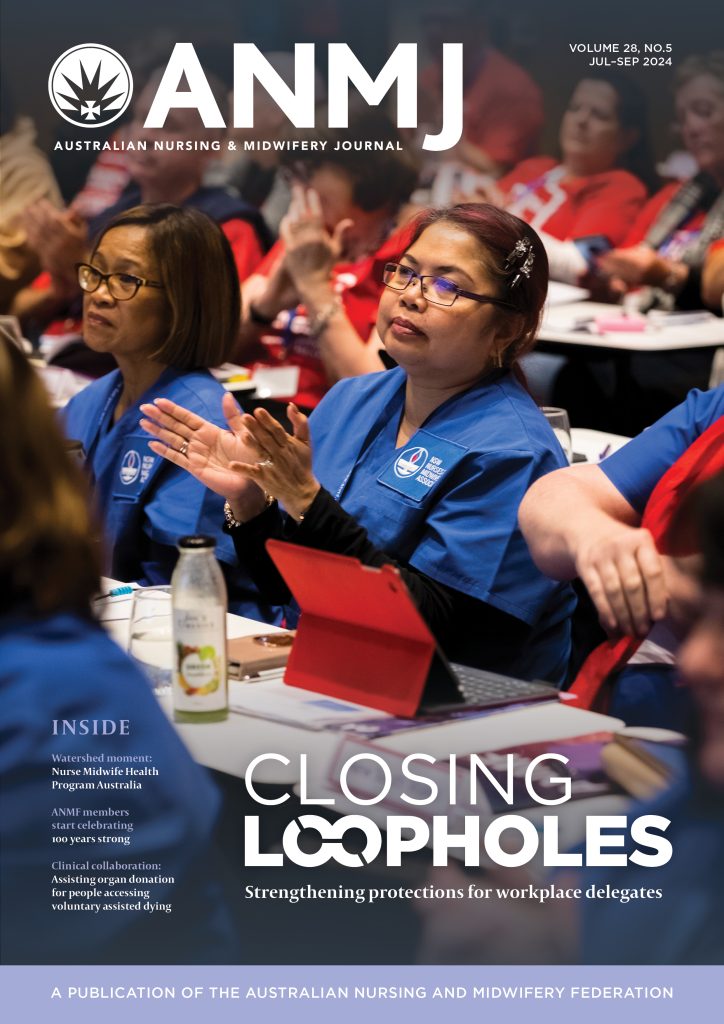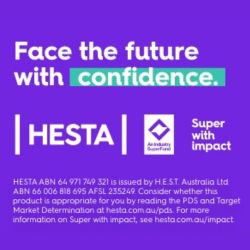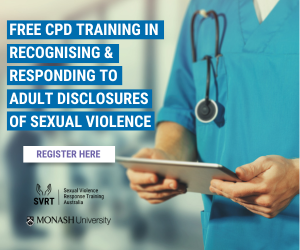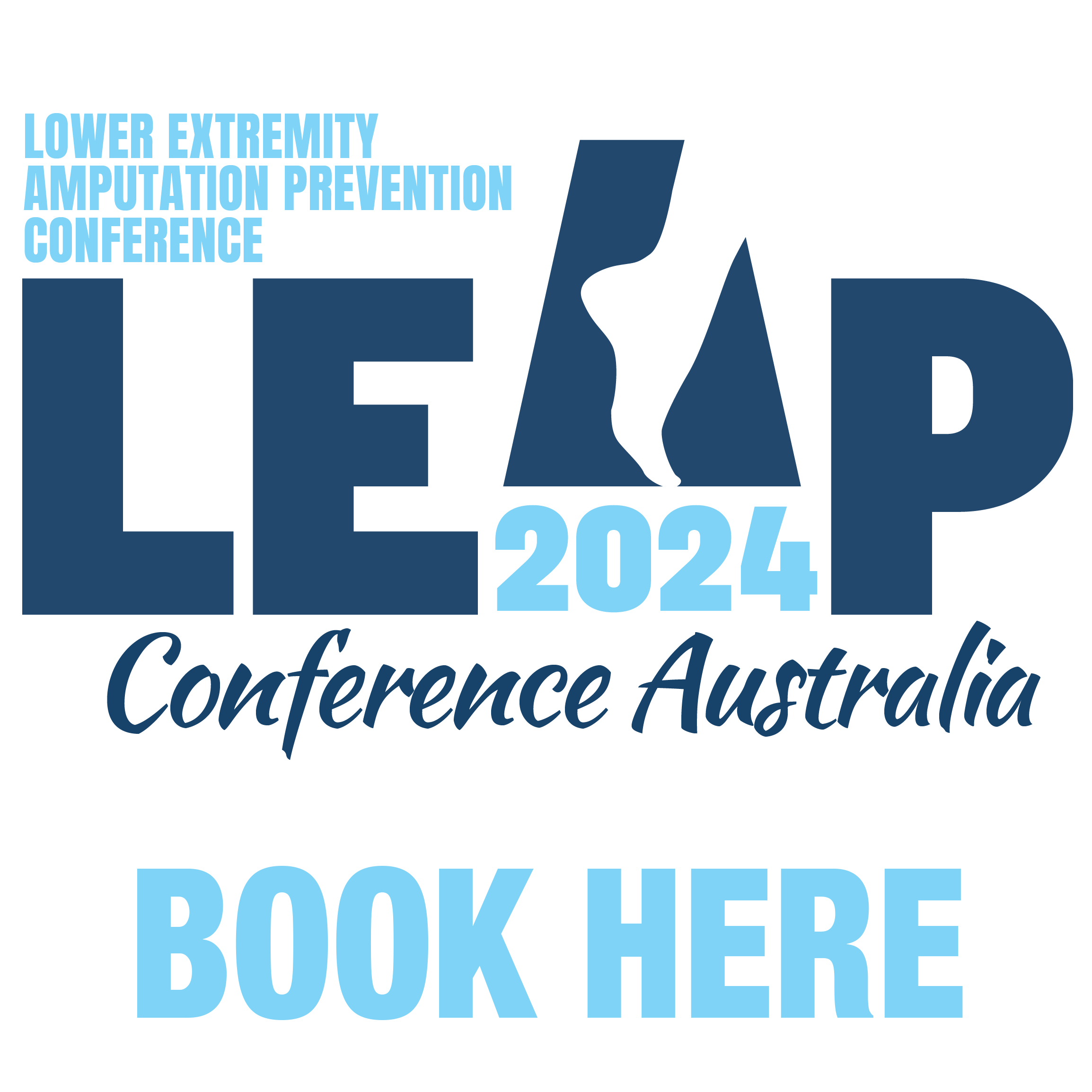Truth-telling has been highlighted as a way forward for reconciliation following the result of the referendum on an Indigenous Voice to Parliament last year. Mainstream media has highlighted the lack of discourse of where to next. National Reconciliation Week, from 27 May-3 June, is a time to reflect … what might your own contribution look like?
National Reconciliation Week (NRW) is a time for all Australians to learn about our shared histories, cultures and achievements, and for each of us to see how we can contribute to achieving reconciliation in Australia.
The NRW 2024 theme, Now More Than Ever, is a reminder to all of us that, no matter what, the fight for justice and the rights of Aboriginal and Torres Strait Islander people will, and must, continue. In treaty making, in truth-telling, in understanding our history, in education, and in tackling racism.
Recent research shows us that truth-telling is more vital than ever on the path to recognition and reconciliation. The Coming to terms with the past: Barriers and enablers to truth-telling and strategies to promote historical acceptance report was released last month. The research was undertaken for Reconciliation Australia and identified significant gaps in the understanding of truth-telling between Aboriginal and Torres Strait Islander people and non-Indigenous Australians.
Broadly, truth-telling can be understood as activities that engage with a fuller account of Australia’s history and its ongoing impact on Aboriginal and Torres Strait Islander peoples.
The 2022 Australian Reconciliation Barometer report indicated that while 84% of respondents considered that knowing about the histories of First Nations people was important, only 45% thought they had a high knowledge of these histories. Further, only 6% of non-Indigenous respondents had participated in a truth-telling activity in the previous 12 months.
The findings of the Coming to terms with the past: Barriers and enablers to truth-telling and strategies to promote historical acceptance research highlighted considerations for effective truth-telling initiatives. Its findings showed that Aboriginal and Torres Strait Islander people and non-Indigenous people do not always have a shared understanding of what truth-telling involves so that education is imperative. Importantly, trauma-informed, culturally safe protocols need to be established at the outset of truth-telling processes.
For Aboriginal and Torres Strait Islander participants barriers revolved around emotional safety and wellbeing in the process. The main barriers to participation in truth-telling they reported were:
- 53% of First Nations respondents indicated fear of experiencing distress or trauma might be a barrier to participation in truth-telling.
- 35% indicated they had cultural safety concerns.
For non-Indigenous Australians the main barriers to participation in truth-telling related to uncertainty about how to participate and what their role in truth-telling might appropriately be. The main barriers reported to participating in truth-telling for non-Indigenous people were:
- Lack of opportunity – 38% indicated that this would stop their participation.
- Uncertainty about what truth-telling involves and the right way to be involved. The process was described as ‘tricky to navigate’ and fear was expressed about doing the wrong thing or being disrespectful.
“At its heart, reconciliation is about strengthening relationships between Aboriginal and Torres Strait Islander and non-Indigenous peoples, for the benefit of all of us. And the foundation of any strong relationship is a shared understanding and appreciation of what has come before, and how this affects us all in the present,” said Reconciliation Australia CEO Karen Mundine.
Effective truth-telling practice ought to:
- Be realistic about the benefits of truth-telling
- Acknowledge that truth-telling takes time
- Address cultural safety concerns and knowledge protocols
- Recognise diversity among and between First Nations and non-Indigenous participants
- Recognise systemic disadvantages experienced by Aboriginal and Torres Strait Islander Australians
- Centre First Nations self-determination and sovereignty
- Build both truth-telling and truth-listening capacity
- Deal with difficult emotions and the potential for conflict
- Maintain optimism and hope for a better future.
For more information on NRW or for how to get involved, visit here
The Coming to terms with the past: Barriers and enablers to truth-telling and strategies to promote historical acceptance report is available here



